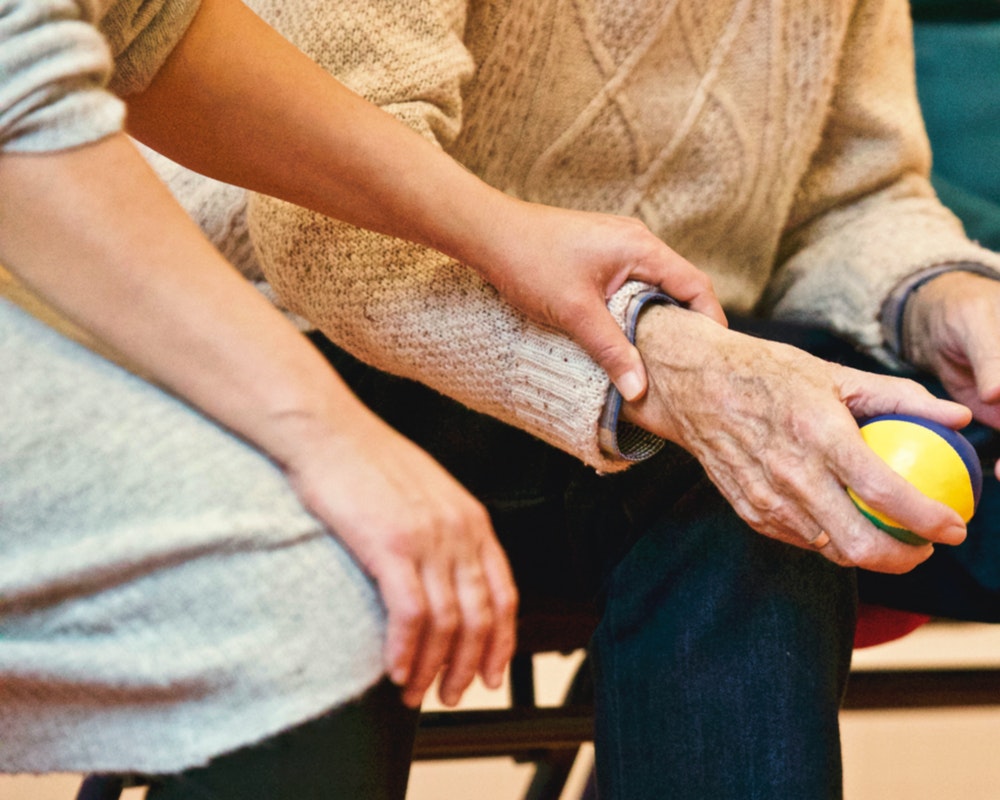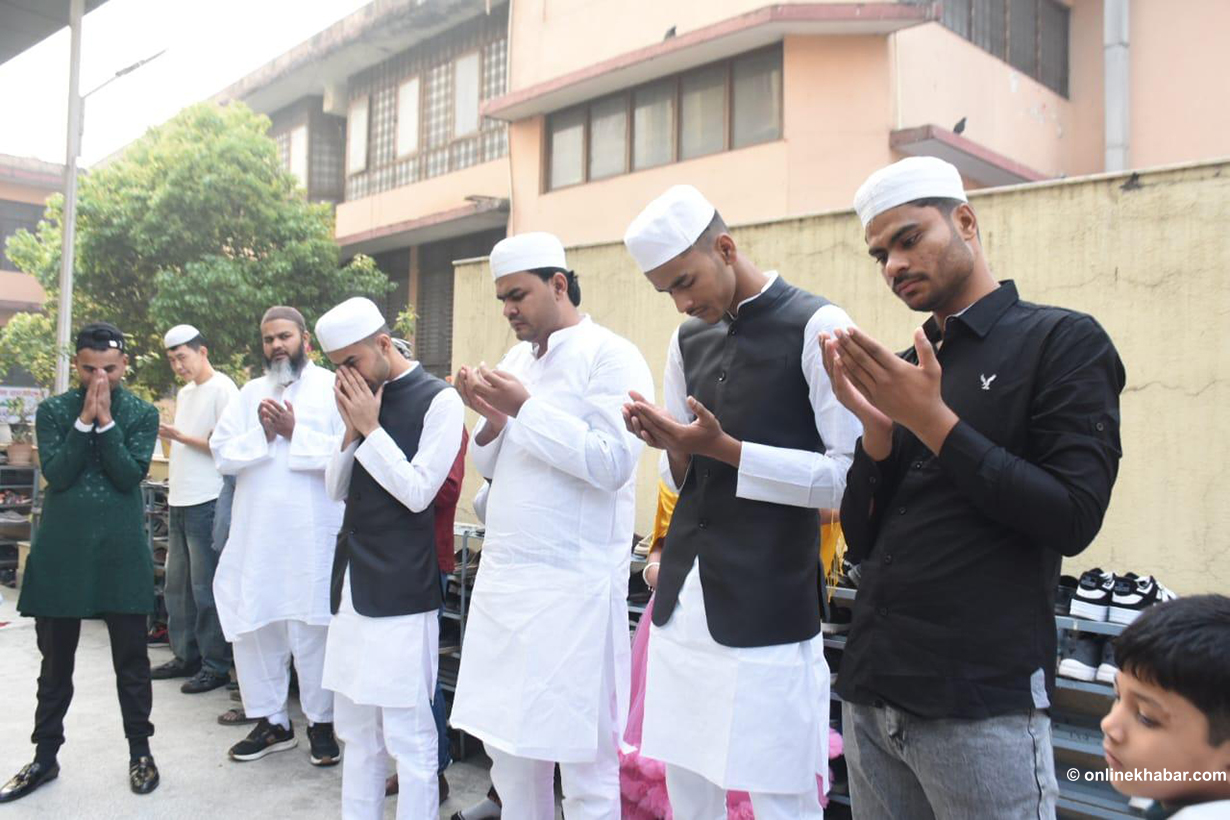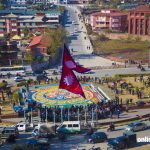Taking care of old people in your home is always challenging. Further, with the Covid-19 pandemic in its full swing now, more challenges have been added to their care. In the context of Nepal, socioeconomic conditions might also impact how you take care of the seniors in your family.
As the elderly people take much time to adjust with the changing temperature of the surrounding like the young people, it is very crucial to take special care of their health during the winter, informs Dr Ramesh Kandel, a consultant geriatrician and dementia specialist at HAMS Hospital.
Even in normal times, elderly people are more vulnerable to seasonal diseases like influenza, cold and cough, pneumonia, viral fever, and many more. Similarly, during this ongoing pandemic, they are at the highest risk of contracting Covid-19. And, the risk escalates in the winter. That is why it is a must to pay extra attention towards their health, says Dr Kandel.
But, how can you do so?
Here are six top tips by Dr Kandel.
1. Keep them warm

Cold wave in the Terai belt, snowstorms in the mountains and dropping temperatures in the hills and the valleys are the most common things in the winters. These conditions put threats to the health of all the elderly people residing in that area. So, to protect them from cold, it is a must to keep them warm as far as possible.
To do so, the use of electric heaters while sitting indoors is important. But, make sure you maintain proper ventilation. Ventilation is even more important when you use coal heater or firewood because they are more prone to triggering fires.
For those who can afford, the use of air conditioning is the best to keep the elderly people warm. Similarly, elderly people should wear gloves, mufflers, socks, and caps as there happens heat loss from the feet and hands as well.
Generally, people have the tendency to wear thick clothes during the winter. But, that is not all. It is okay to wear such clothes if they have them. But, if they do not have it, wearing two to three thin clothes in layers would also work the same to restrict the heat loss from the body.
Likewise, the problem of arthritis also becomes severe in the winter. So, they need to use hot water bags or hot water to get relieved from the joint pain.
2. Vaccinate them

During the winter, the spread of influenza and pneumonia also increases. To keep elderly people far from these infections, first, all the elderly people and their family members should follow all the Covid-19 safety and preventive measures like maintaining distance, putting on masks, sanitising and washing hands and others. Preventive measures against Covid-19 will work for influenza and pneumonia as well.
Meanwhile, vaccination against influenza and pneumonia is also available. Elderly people, as well as the people with chronic health conditions, should be given these vaccinations earlier. This time (around October-November) is the right time for vaccinations. Two weeks after the vaccination only, antibodies against influenza and pneumonia will be produced in the body. Some pneumonia vaccines are to be injected every five years and some once given last for a lifetime. On the other hand, influenza vaccines should be given annually.
3. Give balanced diet

During the winter, people tend to eat more thinking it will be easily digested. Due to that, the quantity of salt in the body goes on increasing. And, this will result in high blood pressure among the seniors. Therefore, elderly people with high blood pressure should be more careful about their daily diet.
Likewise, there is also a high risk of an increase in the blood sugar level, stroke and heart attack due to rising blood pressure. Also, blood viscosity increases in winter as people tend to drink less water. This also increases the risk of stroke and heart attack in elderly people. To avoid this problem, one must have a balanced diet incorporating healthy foods and fruits and drink an adequate amount of water.
Many people are in the illusion that consuming fruits and green leafy vegetables will make their body cold in this season. Therefore, they do not incorporate fruits and leafy vegetables in the diet. This will increase the risk of constipation in elderly people. Therefore, this illusion should be clarified and people should include these elements in their daily diet.
4. Make them move

Due to the cold temperature, blood pressure in people goes on rising. This will incite a lot of serious health problems. That is why it is a must for older people to do physical exercise regularly following safety measures. Physical exercise will help the elderly remain warm as well as maintain their blood pressure and sugar level.
As per their health conditions, elderly people should do their workout regularly. For those who cannot even do a light workout, their family members should help them.
5. Take them for regular health check-ups

During the winter, the elderly people should keep checking their blood pressure time and again as it tends to increase a lot. They also need to go for regular health check-ups.
Also, if any symptom of stroke and heart attack is seen, family members should immediately take them to a hospital.
6. Avoid drinking and smoking

Many senior cities tend to drink alcohol and smoke to keep them warm during the winter. But, such habits, apparently, are injurious to health.





















